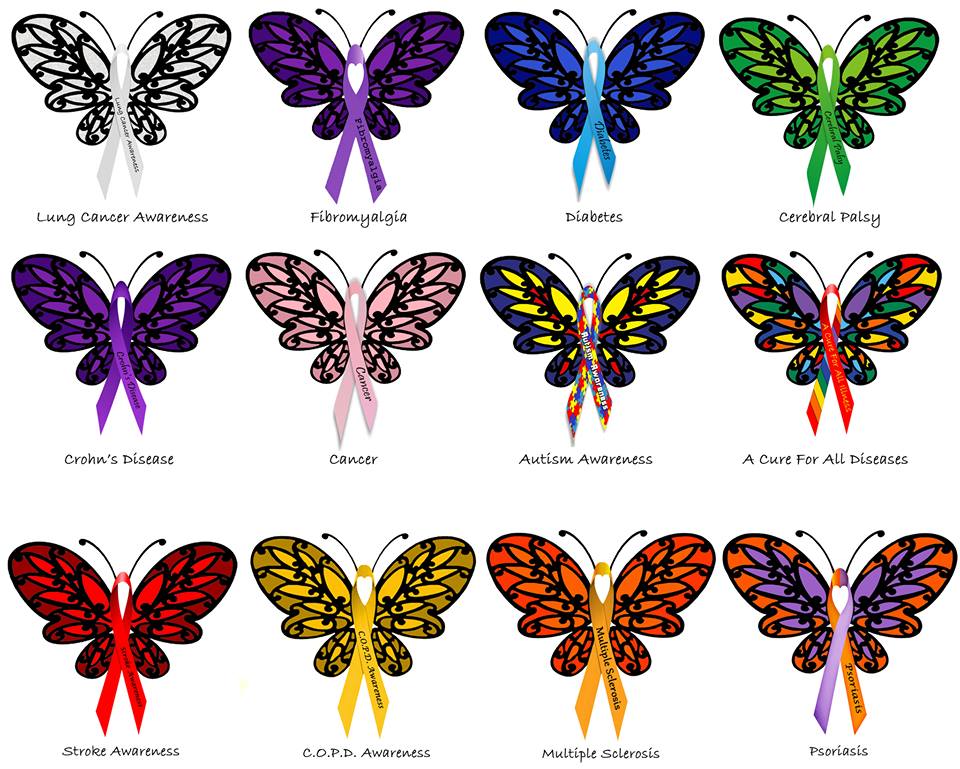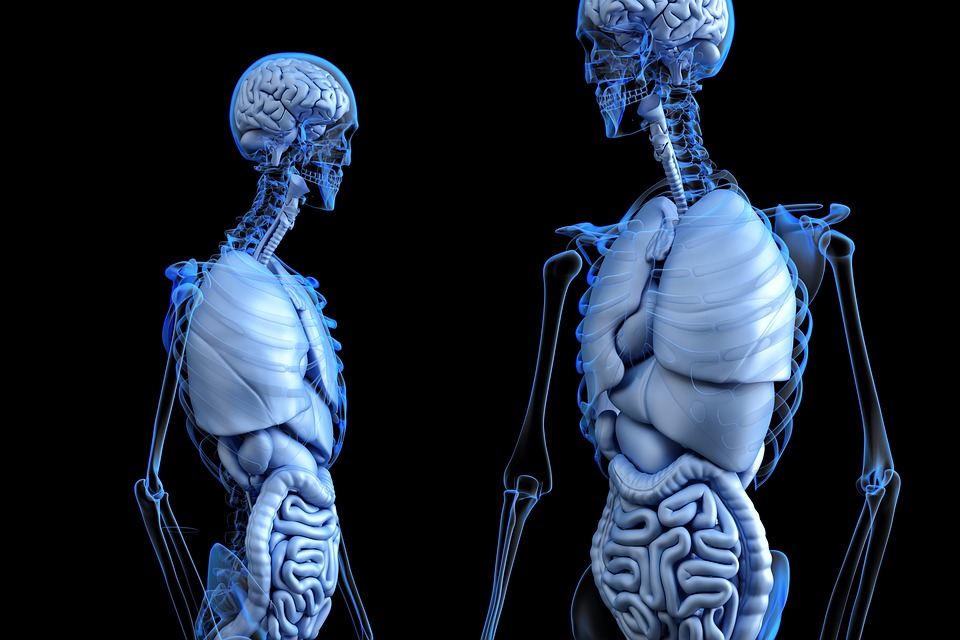Crohn’s disease is a long-term condition that causes inflammation of the lining of the digestive system.
Inflammation can affect any part of the digestive system, from the mouth to the back passage, but most commonly occurs in the last section of the small intestine (ileum) or the large intestine (colon).
Common symptoms can include:
diarrhoea
abdominal pain
fatigue (extreme tiredness)
unintended weight loss
blood and mucus in your faeces (stools)
People with Crohn’s disease sometimes go for long periods without symptoms or with very mild symptoms. This is known as remission. Remission can be followed by periods where symptoms flare up and become particularly troublesome.
Read more about the symptoms of Crohn’s disease and diagnosing Crohn’s disease.
Why it happens
The exact cause of Crohn’s disease is unknown. However, research suggests a combination of factors may be responsible. These include:
genetics – genes you inherit from your parents may increase your risk of developing Crohn’s disease
the immune system – the inflammation may be caused by a problem with the immune system (the body’s defence against infection and illness) that causes it to attack healthy bacteria in the gut
previous infection – a previous infection may trigger an abnormal response from the immune system
smoking – smokers with Crohn’s disease usually have more severe symptoms than non-smokers
environmental factors – Crohn’s disease is most common in westernised countries such as the UK, and least common in poorer parts of the world such as Africa, which suggests the environment has a part to play (known as the hygiene hypothesis)
Read more about the possible causes of Crohn’s disease.
Treating Crohn’s disease
There’s currently no cure for Crohn’s disease, so the aim of treatment is to stop the inflammatory process, relieve symptoms (induce and maintain remission) and avoid surgery wherever possible.
The first treatment offered to reduce symptoms is usually steroid medication (corticosteroids). If this doesn’t help, medication to suppress the immune system (immunosuppressants) and medication to reduce inflammation may be used.
In some cases, surgery may be needed to remove the inflamed section of intestine.
Once your symptoms are under control (in remission), further medication may be needed to help maintain this.
Who is affected?
Crohn’s disease is a relatively uncommon condition. There are currently at least 115,000 people living with the condition in the UK.
Crohn’s disease can affect people of all ages, including children. However, most cases first develop between the ages of 16 and 30.
A large number of cases also develop between the ages of 60 and 80.
It affects slightly more women than men, but in children more boys are affected than girls.
The condition is more common in white people than in black or Asian people. It’s most prevalent among Jewish people of European descent.
Read more about treating Crohn’s disease.
Complications
Over time, inflammation can damage sections of the digestive system, resulting in complications such as narrowing of the intestine (stricture), or a channel developing between the end of the bowel and the skin near the anus or vagina (fistula). These problems usually require surgical treatment.
Read more about the possible complications of Crohn’s disease.

